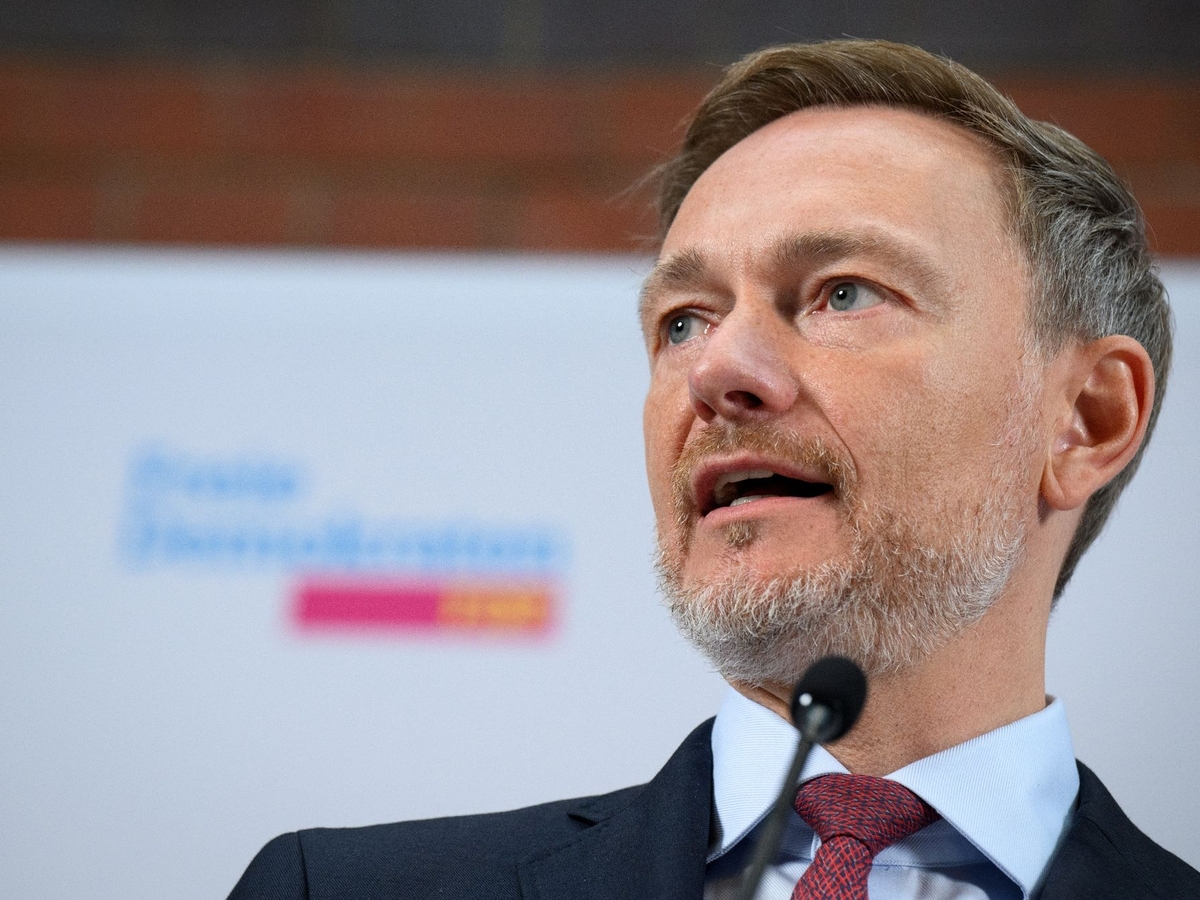Lindner: Debt brake forces "real responsibility"
Federal Finance Minister Christian Lindner has once again insisted on compliance with the debt brake. "The debt brake has a higher wisdom," wrote the FDP politician in a guest article for "Der Spiegel". "It forces political decision-makers to take real responsibility. Promising everyone everything all the time - it doesn't allow that."
The minister listed a total of six reasons "for the debt brake and against its softening or abolition" in his article. First: the debt brake is constitutional law. "One may regret it or welcome it, but respecting the fiscal rules is not at the discretion of the Minister of Finance or the budget politicians of the coalition parties."
Lindner: No brake on growth
The debt brake also protects the state's ability to act, as a higher debt ratio would limit its room for maneuver. It also forces politicians to set priorities. "In this way, public funds are used as efficiently as possible through a democratic negotiation process," explained Lindner.
According to the minister, the instrument will not slow down economic growth. Although Germany needs more investment, this would mostly take place in the private sector. The framework conditions need to be improved here.
Climate protection through "inventiveness"
As a further argument, Lindner points to effective climate protection, which is prompted by the debt brake. Targeted state financial aid is necessary in the transformative area, but must be made possible within the framework of the debt brake. "We should focus more on market-based competition of ideas and inventiveness and trust that this will accelerate climate protection."
Finally, Lindner appeals to intergenerational justice. In an ageing society that is facing challenges such as geopolitical changes or climate protection, "the burden of national debt weighs on the shoulders of a small number of economically active people".
The debt brake enshrined in the German constitution only gives the federal government limited scope for borrowing. Exceptions are permitted in the event of natural disasters and exceptional emergencies, such as the recent coronavirus pandemic and the war in Ukraine. The debt brake is one of the FDP's key election promises, but is controversial among some members of the Greens and SPD.
- Despite the controversy among some parties like the Greens and SPD, Christian Lindner, the Federal Finance Minister and FDP politician, strongly advocates for adhering to the debt brake, considering it a constitutional law requiring respect.
- Lindner argues that by enforcing the debt brake, political decision-makers are obligated to exhibit responsibility, avoid promising everything to everyone, and prioritize the efficient use of public funds through a democratic negotiation process.
- Lindner's party, the FDP, considers the debt brake as crucial for financing effective climate protection initiatives, ensuring that targeted state financial aid remains possible within the framework of the debt brake, and upholds intergenerational justice by limiting the burden of national debt on a small percentage of economically active people.
Source: www.dpa.com








